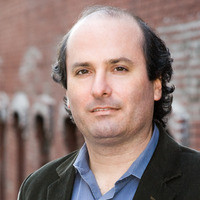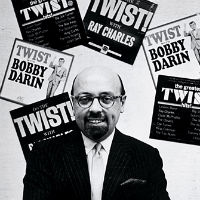The Non-Scenic Route to the Place We’re Going Anyway
On the current state of the global economy and the inevitable decline of the U.K. and the U.S.:
A decade-long slowdown would accelerate this shift in global wealth and power and would be a grim thing to live through, but from a world-historical perspective it might not be a game-changer: it might just be the non-scenic route to the place we’re going anyway.








